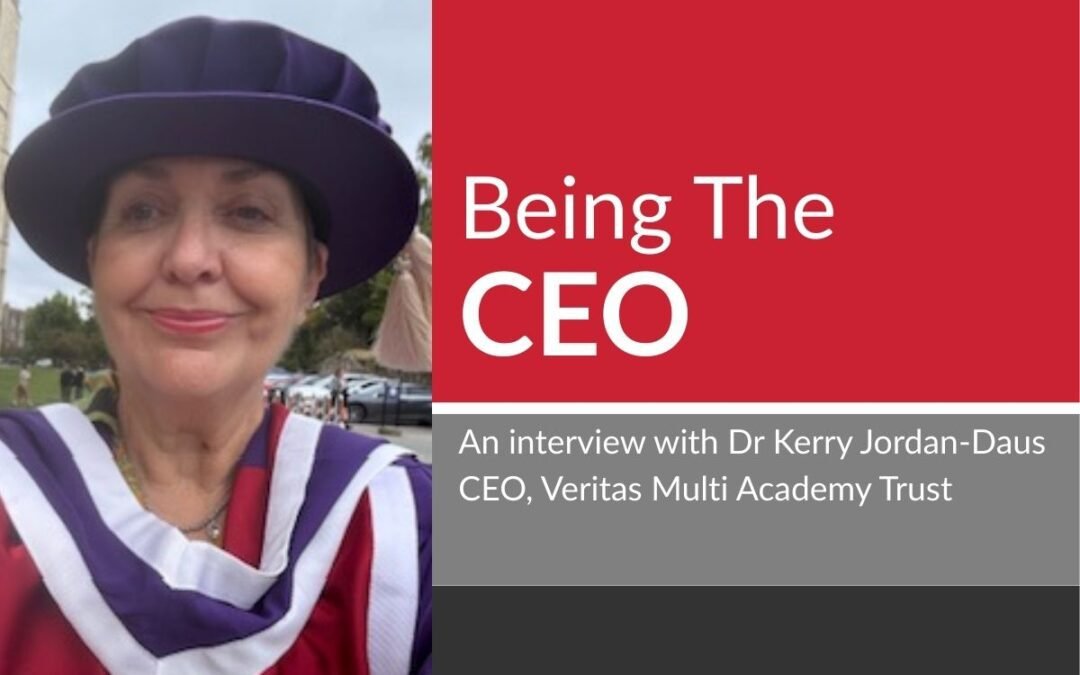By Professor Leigh Hoath and Heena Dave

Professor Leigh Hoath (leftt) and Heena Dave (right) with Patron of the CAPE Alliance, Mary Myatt
Acknowledging the compelling demand from children and young people to deepen their understanding of climate change and then, considering the vital role that school and trust leaders’ expertise plays in nurturing positive outcomes for pupils, presents us with an important question: How can we collectively ensure that educators develop the necessary knowledge and skills to become experts in climate change education?
One answer to this question lies in the ability of leaders (and those working across education) to be able to access the right people, with the right knowledge, in a readily accessible way. Climate Adapted Pathways for Education (CAPE) is a really good example of this as it comprises researchers, educators, school trusts, and federations, all working together to transform climate change education and to tackle the challenges presented by the climate of tomorrow. CAPE’s approach is rooted in evidence and aims to cultivate a culture of climate action while empowering the next generation to safeguard the environment.
The context
In the face of an overwhelming stream of distressing climate change news, it is crucial for leaders to be exposed to more hopeful narratives and to discover ways to combat feelings of climate paralysis. It is vital that the advancement of climate change education in all schools and trusts is not driven by competition or hindered by slow progress. Instead, it should focus on seamlessly integrating climate change knowledge into existing curricula, drawing upon expertise while remaining mindful of subject specificity.
We must recognise the importance of igniting hope and fostering a transformative shift in behaviour among children and young people. This requires ensuring an equitable and high-quality educational entitlement for all pupils, whereby climate change education becomes an integral part of their school journey.
In the insightful words of Ojala (2023), “Climate change is undeniably one of the most critical challenges facing humanity. Many individuals, particularly the youth, harbour concerns about climate change and experience feelings of helplessness and even despair regarding this issue and the global future. However, it is crucial that all members of society acknowledge their responsibility in combating climate change. Therefore, one could argue that promoting a hopeful outlook regarding this problem and humanity’s capacity to mitigate it is vital… Some view hope as an absolute necessity, both for mental wellbeing and active engagement in addressing climate change.”


